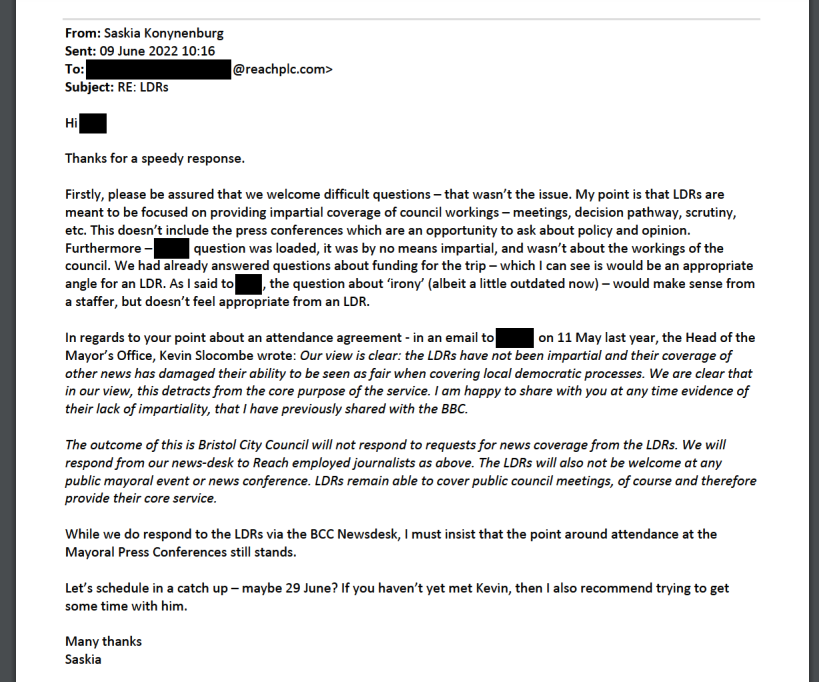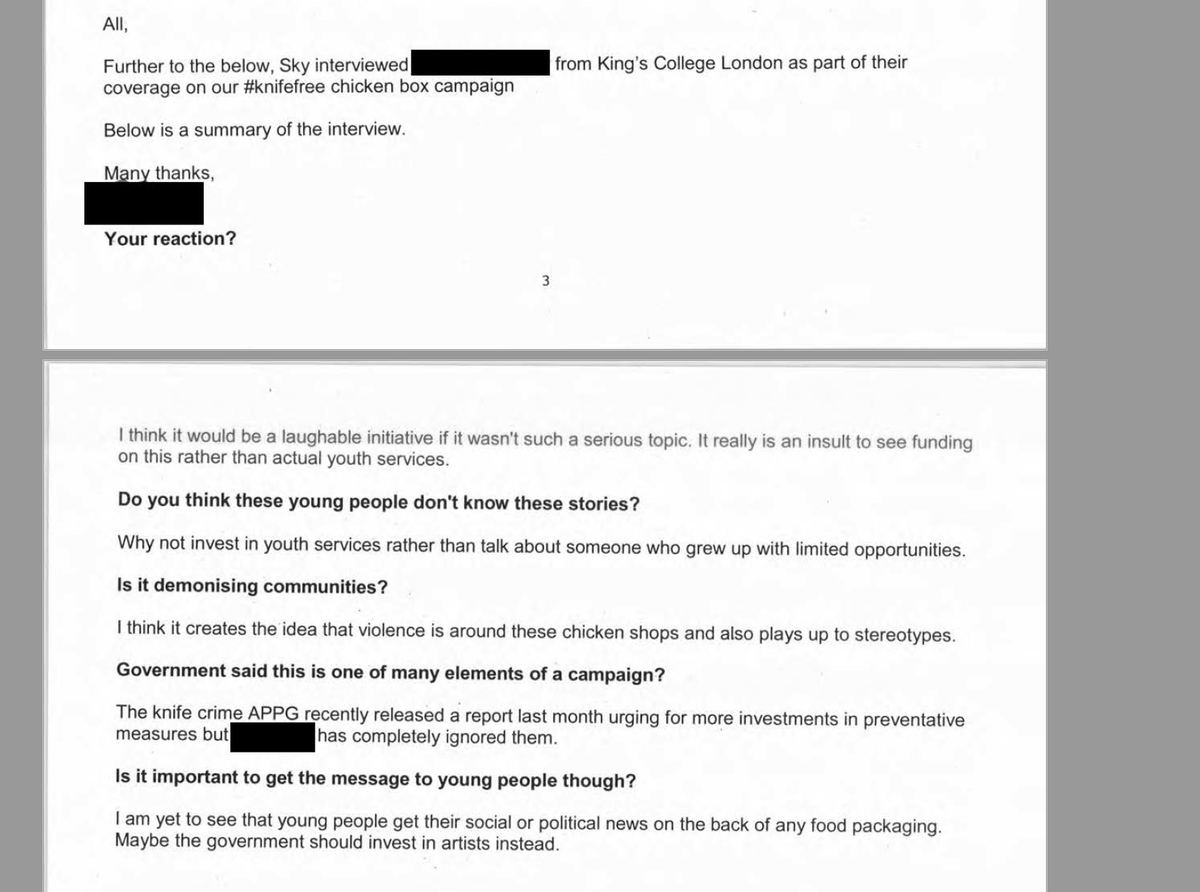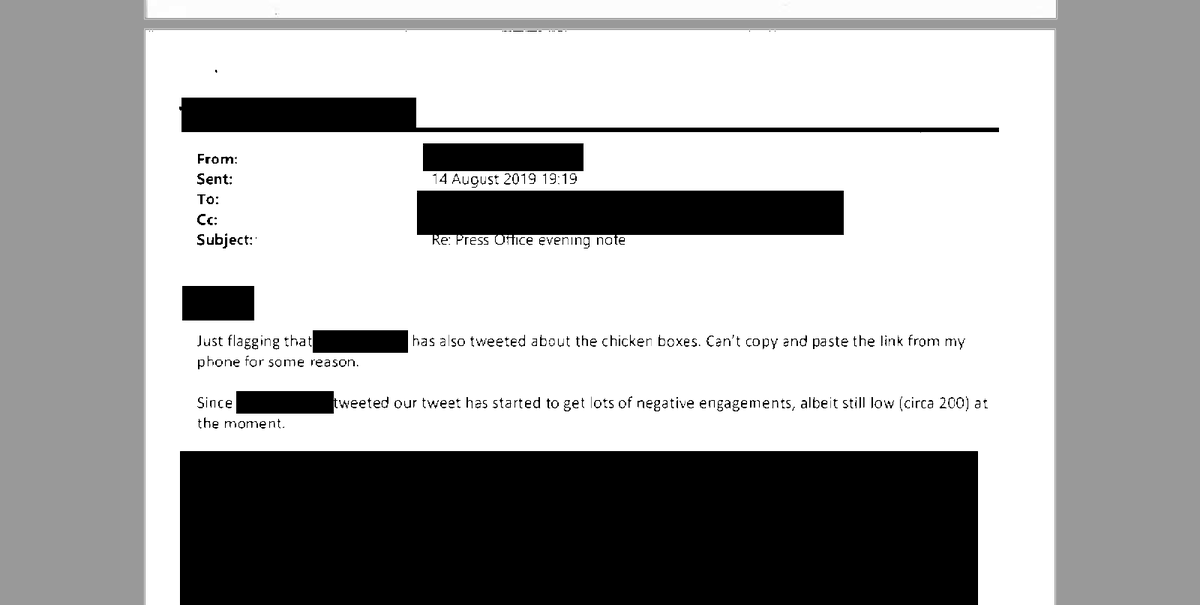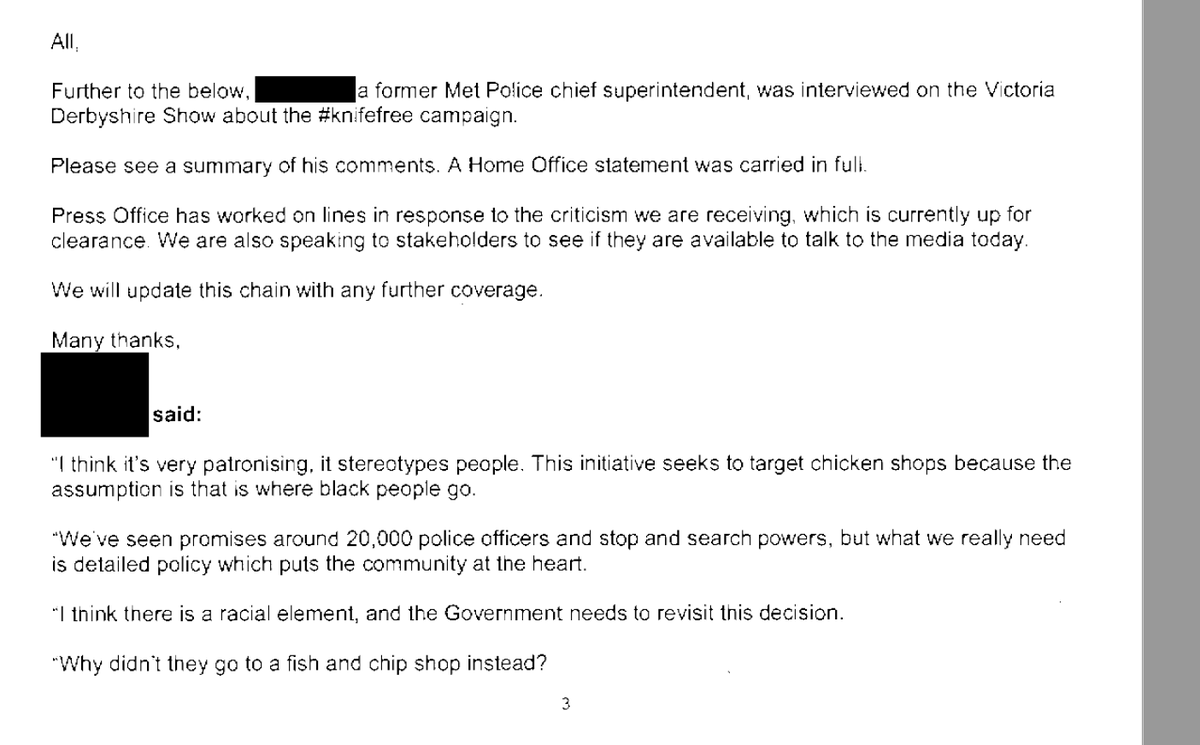
Cast your minds back a couple of months to LDR gate. Bristol City Council was criticised for questioning whether a local democracy reporter was supposed to be asking questions of mayor Marvin Rees at a regular press conference.
Local Democracy Reporters are BBC funded local journalists who are meant to make sure politics at council level are properly covered, and work for an array of local titles.
The video of the incident went somewhat viral.
https://twitter.com/ConorGogarty/status/1539235395896020993
I’ve obtained some of the internal correspondence from Bristol City council about the incident under #FOI. The press conference took place well before the subsequent Twitter storm.
The head of press followed up with Bristol Live after the event. She claimed the question about the appropriateness of the Mayor taking an international flight to give a short Ted talk was "loaded" and "not impartial". 

The mayor's chief of staff discussed writing to invited news outlets setting out the ground rules for events, suggesting:
"Your news outlet must send an employed news journalist to be granted entry. This does not include Local Democracy Reporters who are publicly funded”
"Your news outlet must send an employed news journalist to be granted entry. This does not include Local Democracy Reporters who are publicly funded”

There appears to have been a difference of opinion between the council and the paper about what LDRs do, and what previous agreements were about sending them to briefings. 







A couple of weeks later, the tweet of the video of the event goes viral. The paper responds publicly. The council sticks to its guns that there was a previous agreement LDR's would not attend the press briefings. 





The Mayor's chief of staff urges the paper not to respond further, saying "further comment would be extremely unhelpful in building a positive relationship. I would urge that you hold off on any further comment until we discuss further". 

All in all, a rather fascinating insight into the relationships between local papers and council press offices in the LDR era. You can read all the correspondence which was recently published by the council on WhatDoTheyKnow here👇
whatdotheyknow.com/request/local_…
whatdotheyknow.com/request/local_…
• • •
Missing some Tweet in this thread? You can try to
force a refresh







